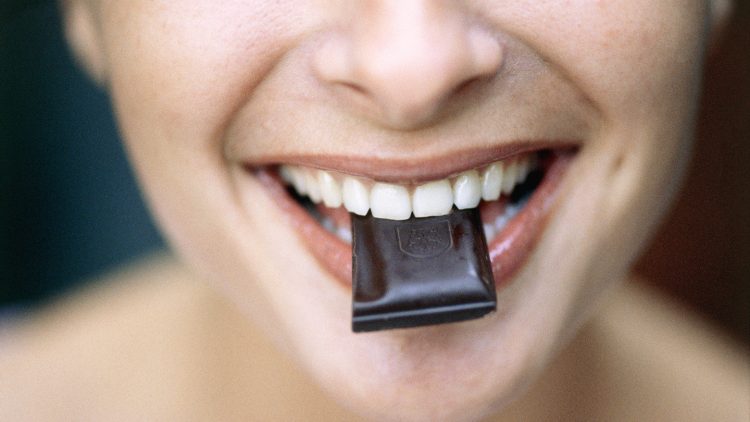Introduction: The Misconceptions of Chocolate
When the word “chocolate” is uttered, thoughts of weight gain and dental decay often come to mind. However, is this perception truly warranted? The truth is, chocolate wields remarkable benefits that many of us have yet to understand. Let us delve into the multifaceted advantages of this beloved treat!
Myths Unraveled: Cholesterol and Chocolate
The Cholesterol Conundrum
One rampant fear surrounding chocolate is its potential to raise cholesterol levels. The good news is rooted in the nature of its key ingredient: cocoa butter. This natural fat, derived from cocoa beans, contains a mix of saturated and monounsaturated fatty acids, with a negligible amount of other fats.
Research indicates that despite its high saturated fat content, cocoa butter does not elevate blood cholesterol levels in the same way that other saturated fats might. Furthermore, the monounsaturated oleic acid found in chocolate can actually help reduce cholesterol levels in the body.
Sweet Protection: Cavities and Good Dental Health
Cavity Concerns: Setting the Record Straight
Another common belief is that chocolate leads to cavity formation. Surprisingly, studies reveal that dark chocolate and chocolate cookies rank among the lowest culprits for tooth decay. Reports indicate that dark chocolate is rich in proteins, calcium, phosphates, and various minerals that can fortify tooth enamel.
Additionally, the presence of theobromine—a compound in dark chocolate—has been shown to strengthen enamel, thereby aiding in the prevention of discoloration and decay. In stark contrast, milk chocolate, laden with sugar and dairy, is known to contribute to halitosis (bad breath), lacking the whitening properties of its darker counterpart.
A Nutritional Delight: The Health Benefits of Chocolate
Chocolate as a Healthful Indulgence
Chocolate—particularly the dark variety—can indeed be considered a superfood, provided it is consumed in moderation. This delightful treat is packed with proteins, calcium, phosphates, and other minerals that benefit tooth health. Its fat content dissolves in the mouth more swiftly than that of other sugary snacks, mitigating traditional concerns regarding dental decay. The antioxidants present in cocoa powder are also thought to counteract the acidic sugars prevalent in many candies, helping to slow down the demineralization of teeth.
The polyphenols found in chocolate exhibit strong antioxidant properties, combatting a range of diseases. Furthermore, moderate chocolate consumption can lead to lower cholesterol and improved heart health.

The Allure of Chocolate: More Than Just a Treat
Chocolate: An Emblem of Affection
In the fragrant lexicon of chocolate, “love” remains a recurring theme. Historically, chocolate has graced our romantic gestures, adorning Valentine’s Day as an essential token of affection, often intertwined with roses. Scientific studies suggest that phenylethylamine, one of chocolate’s primary compounds, triggers subtle hormonal shifts in the human body, causing our hearts to race as if we are falling in love.
Why wait? Indulge in rich, delectable chocolate with your beloved today!
Conclusion: Embracing the Sweet Side of Life
In conclusion, chocolate is not the villain we often believe it to be. Instead, with an array of health benefits—from enhancing dental health to lifting our spirits—it deserves a prominent place in our lives. So, go ahead and savor that piece of dark chocolate; your body and smile may just thank you for it.













































Discussion about this post